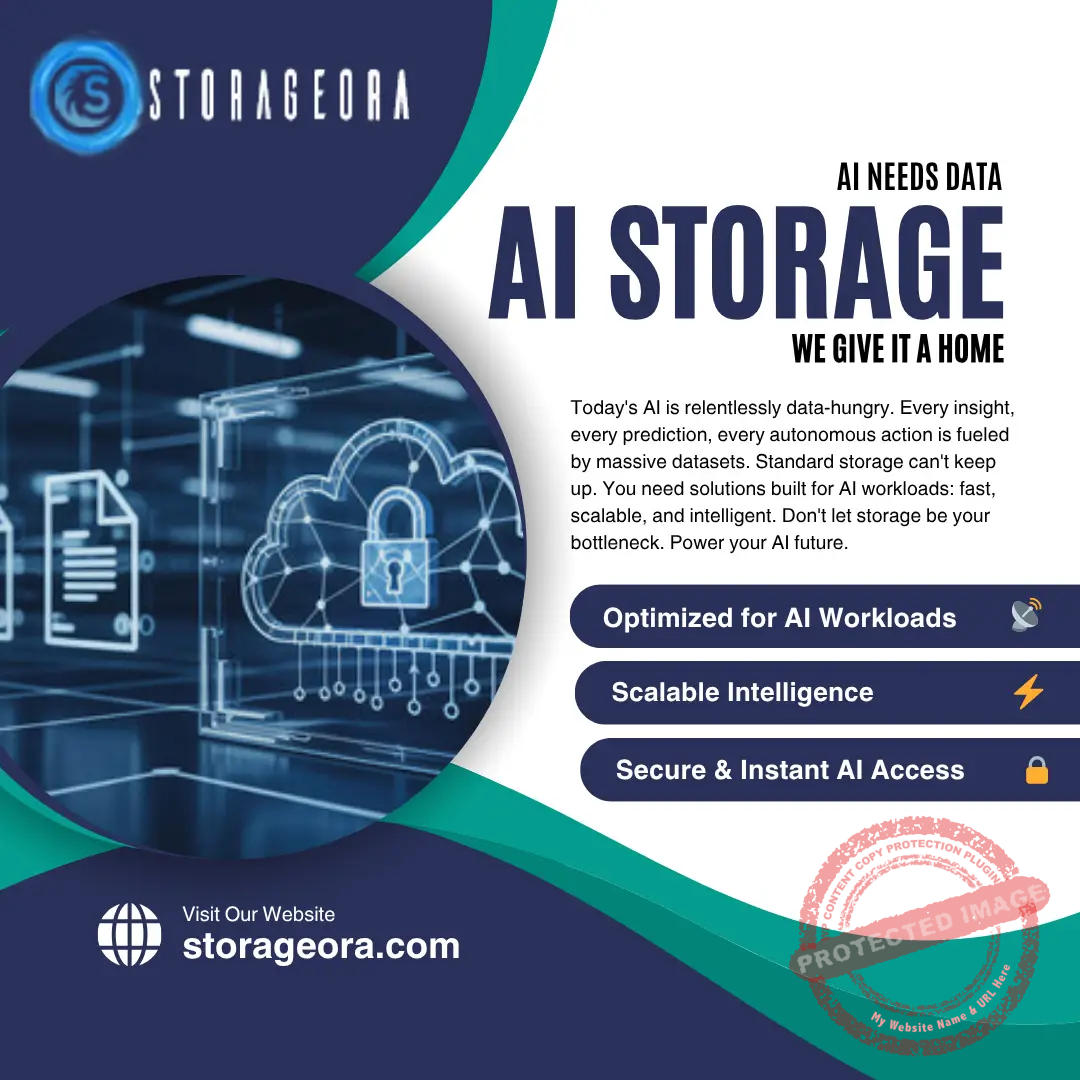As we approach the year 2025, the world of computing is on the cusp of a revolution. Two technologies, Quantum Computing and General Artificial Intelligence (GEN AI), are poised to transform the way we live, work, and interact with each other. In this document, we will explore the current state of these technologies, their potential applications, and what we can expect in the next few years.
Quantum Computing: The Next Generation of Processing Power
Quantum Computing is a new paradigm for computing that uses the principles of quantum mechanics to perform calculations. Unlike classical computers, which use bits to store and process information, quantum computers use quantum bits or qubits. Qubits can exist in multiple states simultaneously, allowing quantum computers to process vast amounts of information in parallel.
The potential applications of Quantum Computing are vast. From simulating complex systems to optimizing complex processes, Quantum Computing has the potential to revolutionize fields such as medicine, finance, and climate modeling. For example, Quantum Computing can be used to simulate the behavior of molecules, leading to breakthroughs in drug discovery and development.
Current State of Quantum Computing
While Quantum Computing is still in its early stages, significant progress has been made in recent years. Companies such as Google, IBM, and Microsoft are investing heavily in Quantum Computing research and development. In 2019, Google announced a 53-qubit quantum processor, a significant milestone in the development of Quantum Computing.
However, Quantum Computing is not without its challenges. Quantum computers are prone to errors, and the development of robust quantum algorithms is an active area of research. Additionally, the need for cryogenic cooling and sophisticated control systems makes Quantum Computing a complex and expensive technology.
For those that don’t know what a Qbit is, here is a quick summary, A qbit is the quantum version of a bit, a fundamental building block of quantum computers. It can represent both 0 and 1 simultaneously due to superposition, enabling unparalleled computational potential. Its fragile nature and ability to become entangled with others fuels the exponential speedup anticipated in quantum computing, producing revolutionary results.
GEN AI: The Future of Artificial Intelligence
GEN AI, also known as General Artificial Intelligence, refers to a type of AI that can perform any intellectual task that a human can. Unlike Narrow AI, which is designed to perform a specific task, GEN AI has the potential to revolutionize the way we live and work.
GEN AI has the potential to transform industries such as healthcare, finance, and education. For example, GEN AI can be used to analyze medical images, diagnose diseases, and develop personalized treatment plans. In finance, GEN AI can be used to analyze market trends, predict stock prices, and optimize investment portfolios.
Current State of GEN AI
While GEN AI is still in its infancy, significant progress has been made in recent years. Companies such as Google, Microsoft, and Facebook are investing heavily in GEN AI research and development. In 2020, Google announced a breakthrough in GEN AI research, demonstrating a system that can learn to perform a wide range of tasks without explicit programming.
However, GEN AI is not without its challenges. The development of GEN AI requires significant advances in areas such as natural language processing, computer vision, and machine learning. Additionally, the potential risks and benefits of GEN AI are still not fully understood, and the development of GEN AI raises important questions about the future of work and the impact on society.
The Intersection of Quantum Computing and GEN AI
The intersection of Quantum Computing and GEN AI has the potential to revolutionize the way we live and work. Quantum Computing can be used to optimize GEN AI algorithms, leading to breakthroughs in areas such as natural language processing and computer vision. Additionally, GEN AI can be used to optimize Quantum Computing algorithms, leading to breakthroughs in areas such as quantum simulation and optimization.
Potential Applications of Quantum Computing and GEN AI
The potential applications of Quantum Computing and GEN AI are vast. From simulating complex systems to optimizing complex processes, these technologies have the potential to transform industries such as medicine, finance, and climate modeling.
- Medicine: Quantum Computing and GEN AI can be used to simulate the behavior of molecules, leading to breakthroughs in drug discovery and development. GEN AI can be used to analyze medical images, diagnose diseases, and develop personalized treatment plans.
- Finance: Quantum Computing and GEN AI can be used to analyze market trends, predict stock prices, and optimize investment portfolios. GEN AI can be used to detect financial fraud and optimize risk management.
- Climate Modeling: Quantum Computing and GEN AI can be used to simulate complex climate systems, leading to breakthroughs in climate modeling and prediction. GEN AI can be used to optimize climate mitigation strategies and develop personalized climate action plans.
Challenges and Risks
While Quantum Computing and GEN AI have the potential to revolutionize the way we live and work, there are also significant challenges and risks associated with these technologies.
- Job Displacement: The development of GEN AI raises important questions about the future of work and the impact on society. As GEN AI becomes more prevalent, there is a risk that many jobs will be displaced, leading to significant social and economic disruption.
- Bias and Fairness: GEN AI raises important questions about bias and fairness. As GEN AI becomes more prevalent, there is a risk that biases will be perpetuated, leading to unfair outcomes and significant social and economic disruption.
- Cybersecurity: Quantum Computing raises important questions about cybersecurity. As Quantum Computing becomes more prevalent, there is a risk that many encryption algorithms will be broken, leading to significant cybersecurity risks.
As we look forward
Quantum Computing and GEN AI have the potential to revolutionize the way we live and work. While there are significant challenges and risks associated with these technologies, the potential benefits are vast. As we approach the year 2025, it is clear that these technologies will play an increasingly important role in shaping our future.
Peter Jonathan Wilcheck, MBA
Co-Editor – Quantum Computing
Post Disclaimer
The information provided in our posts or blogs are for educational and informative purposes only. We do not guarantee the accuracy, completeness or suitability of the information. We do not provide financial or investment advice. Readers should always seek professional advice before making any financial or investment decisions based on the information provided in our content. We will not be held responsible for any losses, damages or consequences that may arise from relying on the information provided in our content.





 AMD
AMD TMC
TMC IE
IE MSI
MSI NOK
NOK DELL
DELL ECDH26.CME
ECDH26.CME